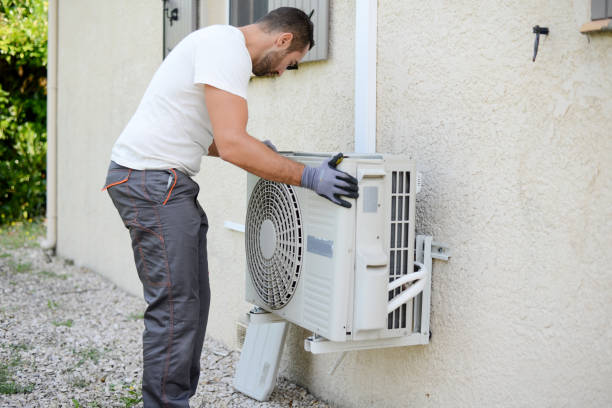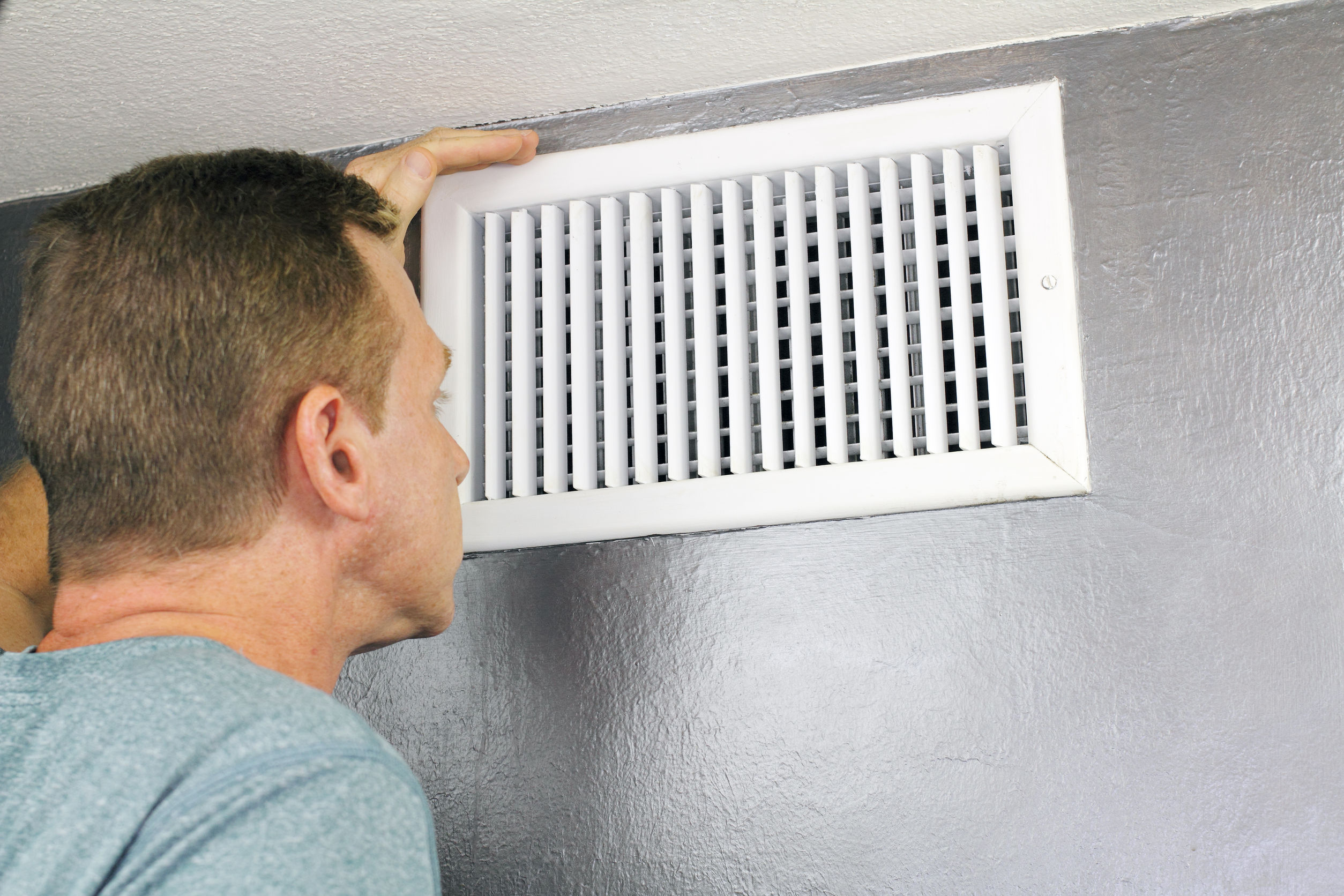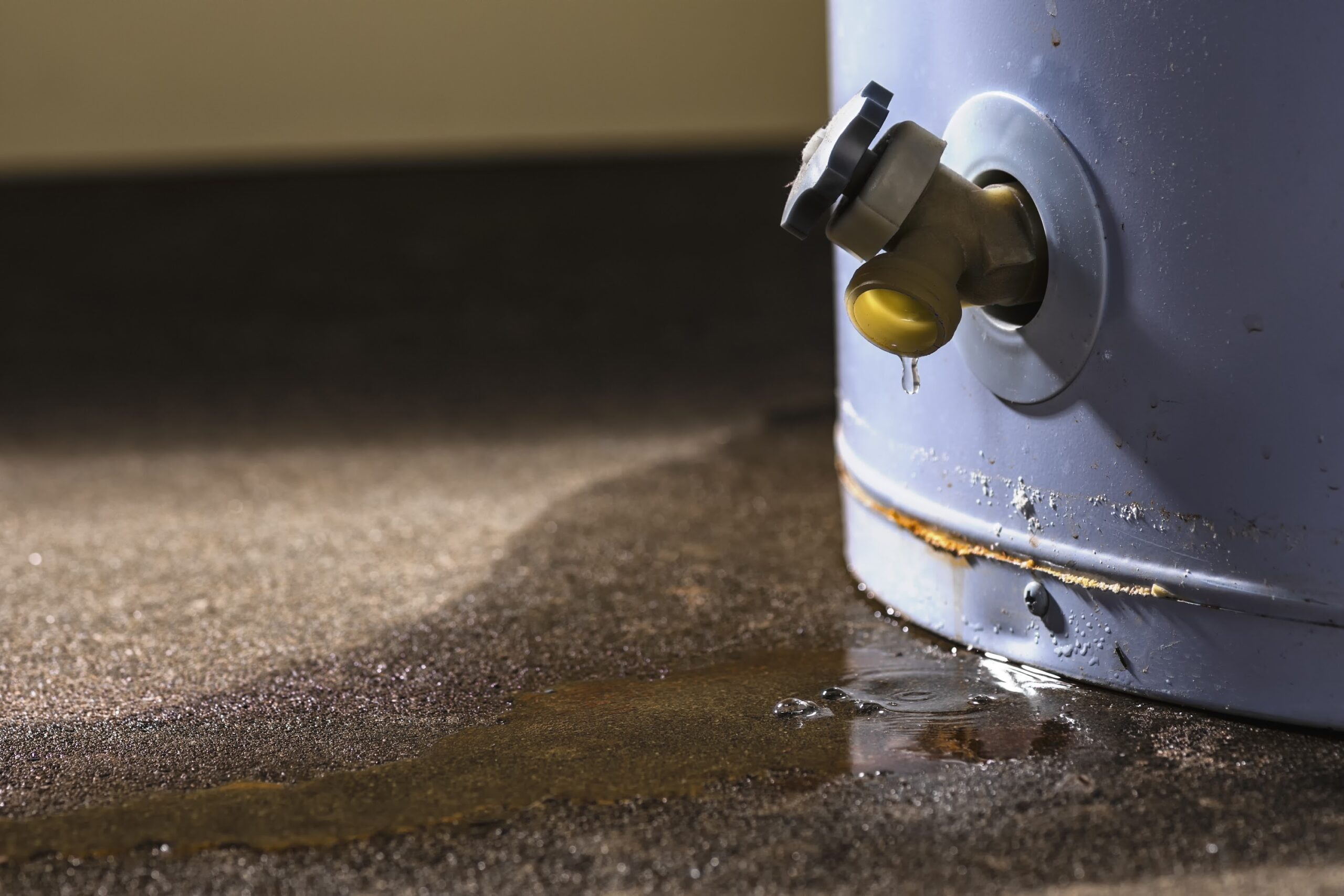When summer temperatures start to climb, the last thing you want is an AC that can’t keep up. Yet, recent price increases may have you wondering if it’s a good time to upgrade your air conditioner. Learn how 2025 tariffs will affect pricing and availability and what you can do to make the most of your budget.

How 2025 Economic Factors Affect HVAC Pricing for Homeowners
This year, the United States has continued its involvement in trade negotiations with various countries, including China, Canada, Mexico (under the USMCA), Japan, and the European Union. While some tariff discussions or renegotiations are ongoing, those impacting the HVAC industry have generally been implemented and remain in effect.
Several factors stemming from these trade dynamics continue to influence the HVAC industry:
- Rising Costs of Raw Materials: Even HVAC equipment assembled domestically relies on imported raw materials. With tariffs on steel and aluminum extended to many countries, price increases for these foundational components have been unavoidable, impacting manufacturing costs.
- Availability of Electronic Components: Tariffs also directly affect the import of specialized electronic components, such as sensors and control boards, many of which are sourced from China. This can lead to increased costs and potential sourcing challenges.
- Supply Chain Disruptions: In anticipation of price hikes or changes in demand (often influenced by tariffs), distributors sometimes stockpile parts and materials. This practice can, paradoxically, make it more challenging to consistently supply these components when needed across the broader market, leading to bottlenecks.
- Low Inventory, High Demand: The demand for air conditioning across the United States has been consistently upward. Coupled with existing inventory shortages—sometimes exacerbated by supply chain issues from tariffs or other global events—sourcing specific HVAC equipment can now take longer than in previous periods.
Why You Shouldn’t Wait to Replace Your AC
Putting off a replacement might seem like a way to save money, but it often ends up costing more in the long run. Prices are unlikely to come down; meanwhile, your older systems run less efficiently, which means higher monthly bills and more frequent service calls. Even worse, the unit might break down during a heatwave, and with supply chain issues on the rise, it may take longer than expected to get a replacement.
Replacing now means more consistent comfort, improved indoor air quality, and fewer headaches all summer. Here are the signs to watch for that a replacement is in order.
Your AC Needs Extensive Repairs
If your technician tells you the compressor or blower motor needs replacing, it’s almost always better to install a new system. After all, these repairs aren’t cheap. Compressors alone can cost thousands of dollars. If the condenser or evaporator coils are also involved, the price tag climbs even higher.
Paying for a costly repair on an older unit usually doesn’t make financial sense. A replacement may cost more upfront, but it eliminates the risk of more major breakdowns in the near future.
Your Summer Electricity Bills Keep Going Up
When your temperature settings remain the same but your bills keep climbing, your AC may be to blame. Older systems lose efficiency over time, forcing them to work harder for the same results.\
Replacing an outdated unit with a high-efficiency model can significantly reduce your cooling costs. Pair it with a smart thermostat for even more control over when and how your home gets cooled.
Your AC Is at the End of Its Lifespan
Most central air conditioners last 10 to 15 years with proper maintenance. After that, parts get harder to find, the refrigerant may become incompatible with new standards, and the system stops running like it used to.
If your AC is approaching the 15-year mark, replacing it now helps you avoid a mid-season breakdown. You’ll also enjoy newer, energy-saving technology and a more comfortable home environment.
Your AC Still Uses Freon
If your system was installed before 2010, there’s a good chance it uses R-22 refrigerant, also known as Freon. Since R-22 was officially phased out in 2020, it has become more expensive and harder to obtain. This makes refrigerant-related repairs far more costly than they used to be. It also means your system uses outdated technology that’s less efficient and worse for the environment.
New units run on more eco-friendly refrigerants and are built for better energy performance. Replace your R-22 system this summer to avoid expensive fixes and ensure you’re not stuck with an unrepairable unit the next time something goes wrong.
Your AC Is Underperforming
Sure, it still runs, but does it do the job? If certain rooms feel hot and humid, or your system takes hours to reach the set temperature, you may be seeing the effects of failing components, ductwork issues, or refrigerant problems.
If your unit runs nonstop but doesn’t deliver consistent comfort, a new system could be the best way forward. A properly sized and installed AC cools quickly and evenly while removing excess humidity.
Why Choose Us?
Robin Aire Service Company has been a staple in the Southeast Michigan community since 1985. We aim to help you make informed decisions that fit your needs and budget with flexible financing options and exclusive offers. Expect upfront pricing, expert installation, and a worry-free service plan to protect your investment for years to come.
Contact us online to schedule an AC replacement estimate and enjoy a cooler, more efficient home this summer.




